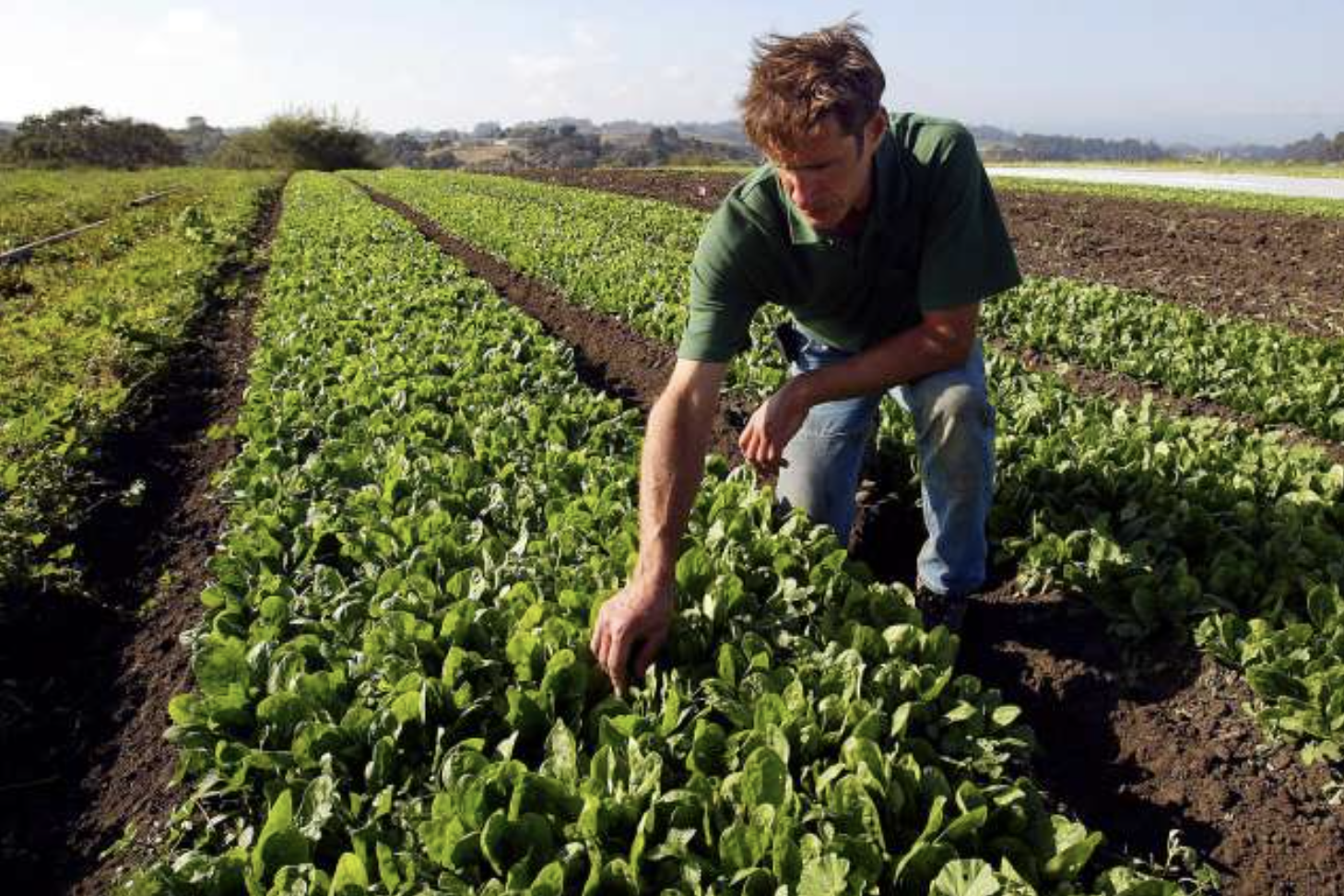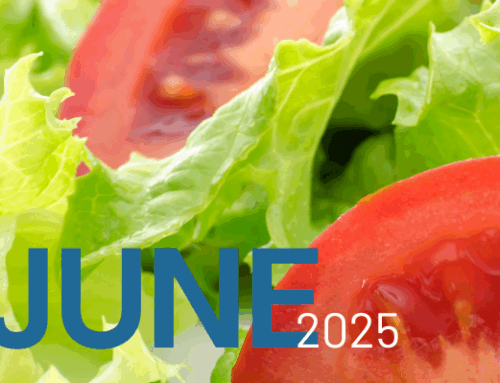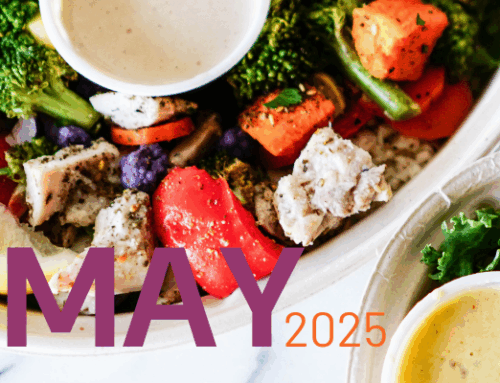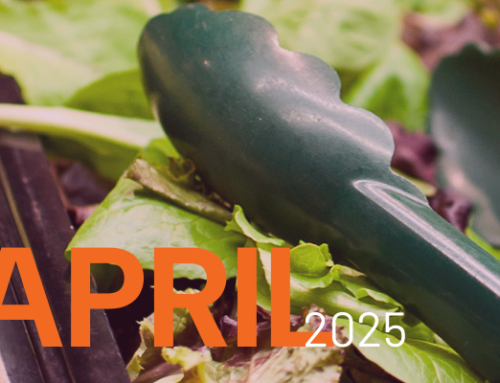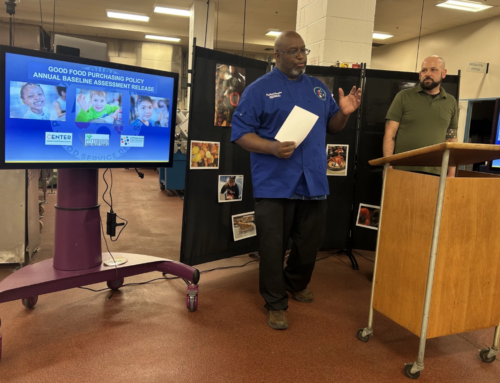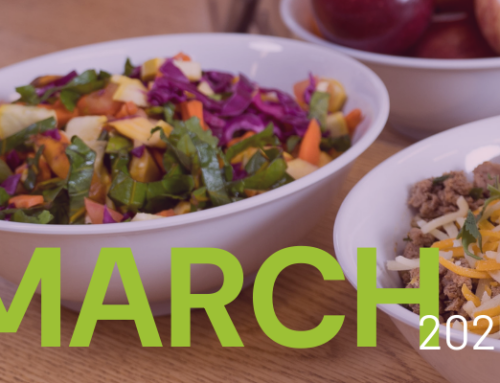Eating Organic Can Help Reduce the High Cost of Cheap Food
Bob Quinn and Liz Carlisle
As a farmer and researcher dedicated to a healthier and more sustainable food system, we often are asked how good food can be made cheaper and more affordable. Given the staggering rates of food insecurity in wealthy areas such as San Francisco — which is struggling to meet its 2020 target for eliminating hunger — we understand this interest in making food cheaper. However, as our country has moved toward a cheap food economy over the past half century, we see that this has only deepened food insecurity challenges for struggling working families, many of whom work in the food system and are hard pressed to feed themselves. So instead of continuing to make food cheaper, we see far more promise in paying the real cost of our meals: so that we’re not starving farmers, food workers, or the planet. This is why we’re both big believers in organic farming.
First of all, organic farming can reduce the high cost of cheap food on our planet. Organic farmers don’t use synthetic fertilizer, the fossil-fuel intensive chemical input that has been running off farm fields and creating expensive water quality problems in rural communities and a dead zone in the Gulf of Mexico. Organic farmers also forgo pesticides, which pollute rural water supplies and have been linked to diseases such as Alzheimer’s, cancer, asthma, and Parkinson’s. Meanwhile, organic soil health strategies such as longer crop rotations and regenerative grazing show great promise for sequestering carbon, which can help mitigate climate change.
Secondly, organic farming can reduce the high cost of cheap food that is being paid by our farmers, food workers, and rural communities. When consumers pay a premium for quality and good stewardship, farmers can be paid a fair price for their work, which in turn has a multiplier effect on rural communities. This is why counties with high levels of organic agricultural activity have higher median incomes and lower poverty rates. It’s important to be sure farmworkers and food workers get their fair share of these premiums, and that resources are available to help farmers transition to organic practices so they can access these premiums.
Finally, organic farming can reduce the high cost of cheap food that we’re paying in the form of chronic disease and staggering health care expenses. Organic crops demonstrate substantially higher levels of antioxidants, which are important for promoting health. More fundamentally, the diversified farming systems that are key to regenerative organic agriculture have been linked to dietary diversity and better nutrition. We are still learning a tremendous amount about the connection among healthy soils, healthy plants, and healthy people, through efforts such as the “Health from the Soil Up Initiative” led by Dr. Daphne Miller in San Francisco.
To be sure, organic certification isn’t a panacea for our food system. Certified organic practices must be complemented by efforts such as reducing food waste, transitioning to diets higher in plant-based protein, and ensuring fairness throughout food supply chains. But we see organic farming as a keystone piece of larger food sustainability efforts, as it represents a commitment to practicing agriculture without toxic chemicals and instead promoting healthy farm ecosystems.
Ask your school district about serving more organic food or adopting the Good Food Purchasing Policy, as San Francisco and Oakland have done, or put one more organic item in your basket when you go to the grocery store. If you have access to a community garden or some space at your home, you can even grow organic food. If you know organic farmers or have an opportunity to meet one at a farmer’s market, let them know how much you appreciate their efforts. If you know nonorganic farmers, encourage them to give it a try on a small share of their acreage, and let them know you’ll support them as a customer.
We don’t have to convert the whole country to organic overnight, but even the steady growth we’ve already seen in organic food purchases (which now account for more than 5% of retail food sales in the United States) have created opportunities for thousands of producers to convert their farms. Instead of a cheap-food-fueled race to the bottom, we can build a food system where everybody wins.
Bob Quinn is an organic farmer from Big Sandy, Mont. Liz Carlisle is a lecturer at Stanford University. Together, they are the authors of “Grain by Grain,” recently released by Island Press.
